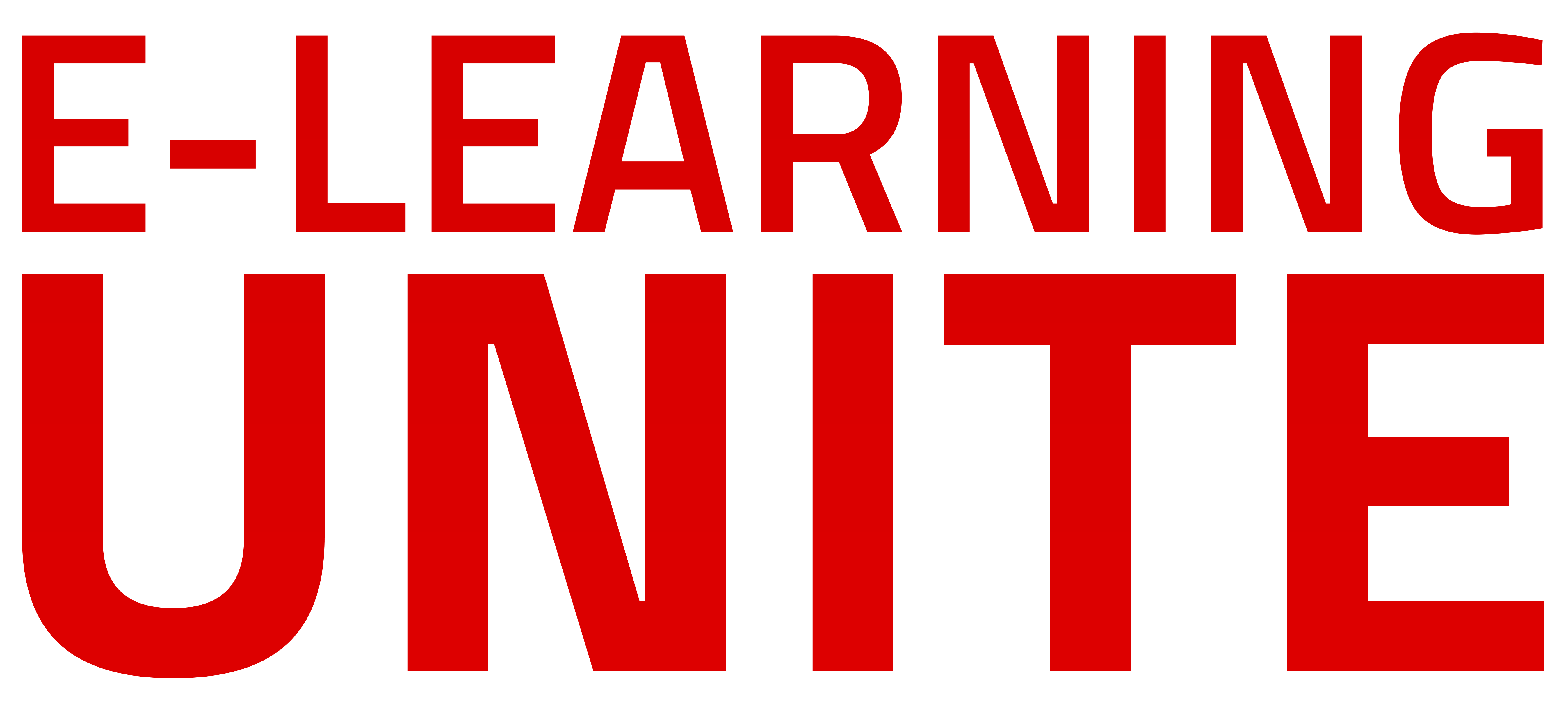 ATTENZIONE: i contenuti di questo corso sono relativi all'anno accademico 2020/2021
ATTENZIONE: i contenuti di questo corso sono relativi all'anno accademico 2020/2021
Indice degli argomenti
Informazioni generali sul corso
Since 2000, researcher in Sociology of Economic and Labour at the University of Teramo, Faculty of Communication Studies. In the same University, she also taught: Sociology of Organization, Economic Sociology, Management and Human Resources, Communication and Organization of Tourist Enterprises, Sociology of Cultural Processes and Social Representation. At present, she is President of JOINT COMMISSION, Faculty of Communication Studies. As coordinator or member, she has partecipated in various national and european inter-university researcher on the following topics: Industrial Discrits, Territorial Pacts, Local Development, Power Elite, Collective Bargaining, Precarious Work.
At present, she is envolved in these following projects:
REGSMES “Old and new paths of labour regulation in SMEs in European countries. Trends and challenge for economic competitiveness and social sustanaibility”
Coordinator: University of Milan
Local Units: University of Florence, University of Teramo, University of Cosenza
Researcher parteners: Business School of the University of Birmingham , University of Ljubljana, University of Amsterdam
BARSOP “Bargaining and Social Dialogue at the Public Sector”
Coordinator: University of Amsterdam, Institute for Advanced Labour Studies
Local Units: University of Teramo, Autonoma University of Barcelona, University of Warwick (UK), Stredoeuropsky Institut pre Vyskum Prace Zdruzenia (SLK), Hans Boeckler Stiftung (D)INFO
At the end of the course students are expected to:- Knowledge and understanding: Student will Know the main forms of business organization, particularly those best placed to address the current socio-economic context, Knowledge intensive. In addition, he will have to acquire the instruments of internal communication. Furthermore, he will have to acquire the tools of internal communication and in this context to deepen the most significant approaches of human resource management.
- Applying knowledge and understanding: Student will be able to use concepts, schemes and patterns learned during lessons to diagnose organizational problems concerning the relationship organization internal / external environment, the human resources management. In this regard will be presented case studies and made work projects.
- Making judgments: Student will be able to grasp the complexity of business organization and understand the impacts that business choices produce the internal and external stakeholders. In addition, he will be able to find concrete solutions for the human resources management, especially if multicultural, and to anticipate possible future conflicts
- Communication : Student must have a specific integration and communication capabilities of the acquired theoretical approaches and experiences gained through active learning: group or individual work, class discussions and preparation of reports.
- Learning skills : Student will develop the capacity for abstraction and reasoning by which to turn scanned information and experience gained, during the lessons, in knowledge that will contribute to the development of practical skills employable in the labour market.
- PREREQUISITE
- Prerequisite: To have passed at least one exam of the economic or sociological area
UNIT 1: Introduction to Human Resorces ManagementUNIT 2: Human Resources Planning
UNIT 3: Management and Career Development
Lesson calendar
MONDAY 11.00-13.00 a.m. remote mode
THURSDAY 11.00 -13.00 a.m. classroom 5
FRIDAY 11.00-13.00 a.m. classroom 5
Course book
SNELL MORRIS, Managing Human Resources 18th Edition. CENGAGE PUBLISHER, 2015
Edition Available on line
Research material
Materials distribuited by teacher during classINTERMEDIATE TEST
Grading criteria
Students attending the course: test, group work, oral exam Students non attending course: oral examIt isn’t provided compulsory attendance of the course, but only students who have attended at least 75% of the lessons can partecipate to partial texts.
Subject 1 AN INTRODUCTION TO HUMAN RESOURCES MANAGEMENT
Subject 2 EXTERNAL FACTORS
Subject 3 INTERNAL FACTORS
- Questo argomento
Subject 4 HUMAN RESOUCES PLANNING
Subject 5 HR ANALYTICS
Subject 6
RECRUITMENT and SELECTION
Subject 7
TRAINING PROCESS
Subject 8 EMPLOYEES BENEFITS
Subject 9 INCENTIVE PLANS
Subject 10 Career Transition
Subject 11
Subject 12
Subject 13
Subject 14
